A research team from Egypt's Supreme Council of Antiquities (SCA) has discovered a sealed lead box buried under the foundations of an ancient villa in downtown Alexandria.
Inside the box is a collection of rare Egyptian coins dating back more than a century, along with a Greek document recording the villa's construction in 1937.
According to a VNA correspondent in Egypt, the artifact was found during a rescue excavation in a historic area of Alexandria. According to the archaeological team, the box contained 13 coins with denominations ranging from milliemes to 100 piastre gold coins, spanning the reigns of King Hussein Kamel and King Fuad I. In particular, three gold coins with denominations of 20, 50 and 100 piastre are considered the rarest coins in Egypt's modern monetary history.
Tourism and Antiquities Minister Sherif Fathy said the discovery opens up new perspectives on Alexandria's "multi-layered history", reflecting the rich cultural landscape and the influence of the expatriate community that helped shape the city's international identity.
SCA Secretary General Mohamed Ismail Khaled described it as “a tangible link between Alexandria’s Greco-Roman past and its modern multicultural heritage.”
He said placing symbolic objects into the foundations of buildings was an ancient practice shared in both Greek and Egyptian cultures to bring good fortune and prosperity.
Survey results show that the villa once belonged to the Salvago family - one of the famous Greek families in Alexandria, playing an important role in the economic , social and cultural life of the city in the late 19th - early 20th century.
A Greek document found in the box, signed by Constantine M. Salvago and his mother, Julia K. Salvago, and dated May 1, 1937, records the ceremony of laying the villa's foundation stone under the supervision of French architect Jean Walter.
These precious coins and documents will be displayed in a special exhibition at the Greco-Roman Museum in Alexandria, offering the public a rare glimpse into the port city's vibrant past and cultural exchange.
According to the Egyptian Ministry of Tourism and Antiquities, the discovery continues to affirm the country's efforts to preserve and honor the diverse heritage that has shaped the spirit of Alexandria through the ages./.
Source: https://www.vietnamplus.vn/hom-tien-xu-co-tiet-lo-cau-chuyen-ve-cong-dong-hy-lap-xua-tai-ai-cap-post1071222.vnp








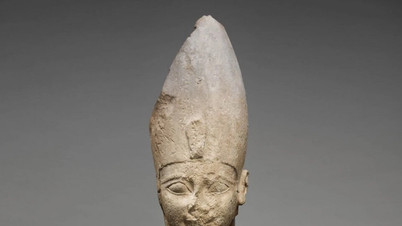


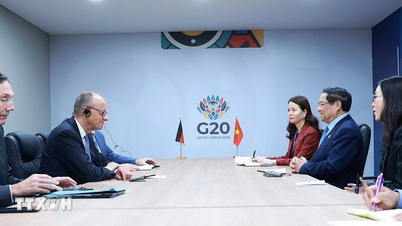
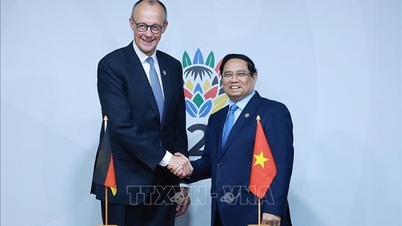

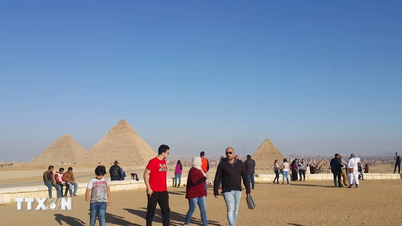


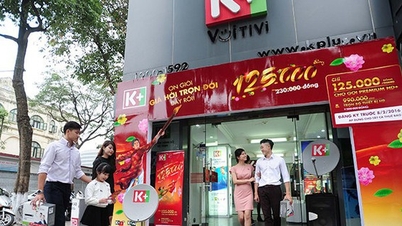







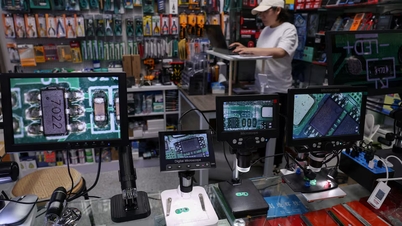






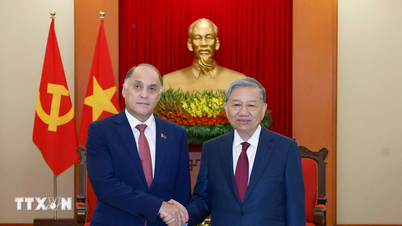
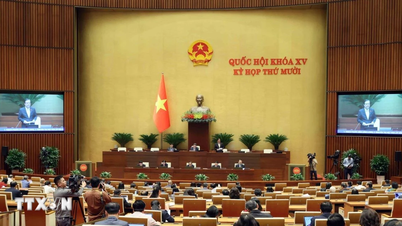

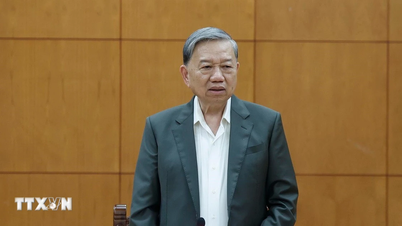
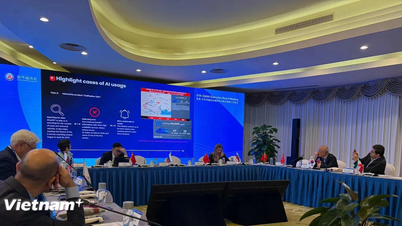
![[Photo] Parade to celebrate the 50th anniversary of Laos' National Day](/_next/image?url=https%3A%2F%2Fvphoto.vietnam.vn%2Fthumb%2F1200x675%2Fvietnam%2Fresource%2FIMAGE%2F2025%2F12%2F02%2F1764691918289_ndo_br_0-jpg.webp&w=3840&q=75)
![[Photo] Worshiping the Tuyet Son statue - a nearly 400-year-old treasure at Keo Pagoda](/_next/image?url=https%3A%2F%2Fvphoto.vietnam.vn%2Fthumb%2F1200x675%2Fvietnam%2Fresource%2FIMAGE%2F2025%2F12%2F02%2F1764679323086_ndo_br_tempimageomw0hi-4884-jpg.webp&w=3840&q=75)

























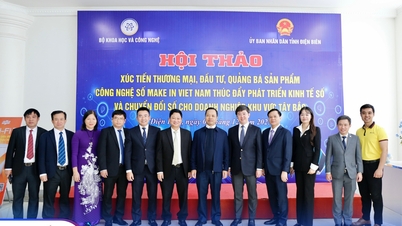


























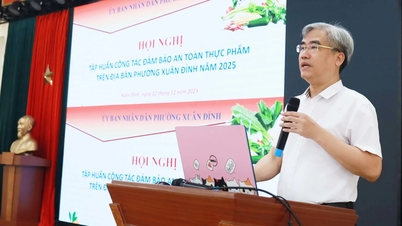


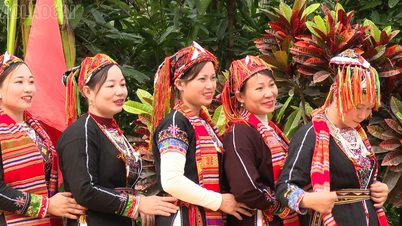

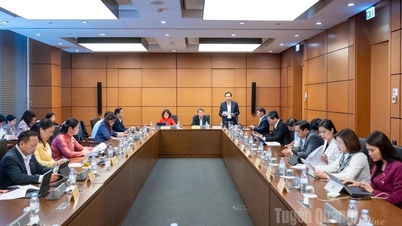














Comment (0)